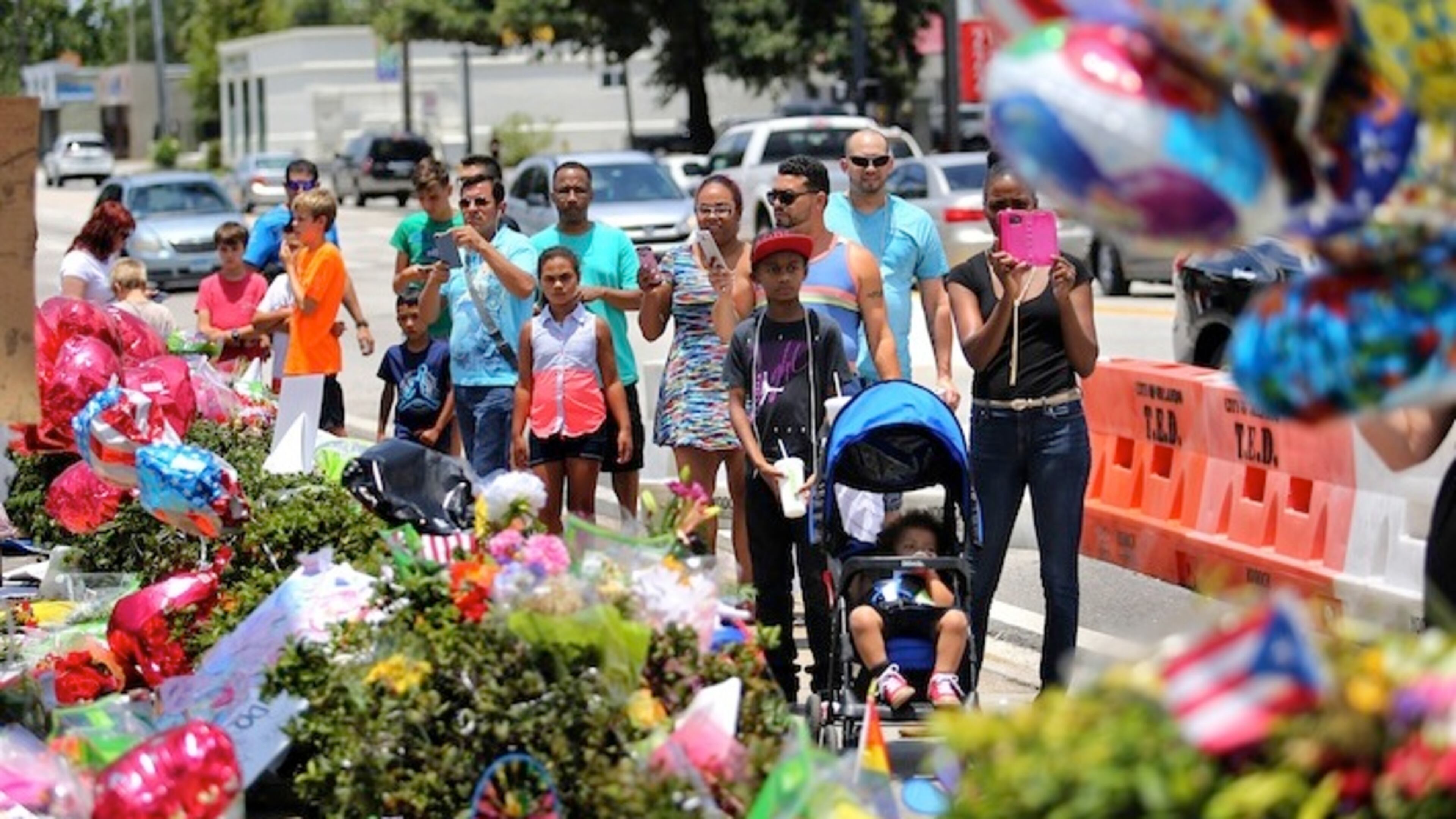Survey: Americans' support of 1st Amendment strong

Despite the heated headlines following the Orlando shooting, a survey released Friday showed that nearly two-thirds of U.S. residents, or 64 percent, believe the First Amendment is intended to protect all faiths, underscoring the nation’s firm commitment to freedom of expression and religion.
“There was a burst of anti-Islam rhetoric in the immediate aftermath of the shootings that was followed by public criticism of calls for increased surveillance of Muslims and religious profiling,” said Gene Policinski, chief operating officer of the Newseum Institute, whose First Amendment Center conducted the annual State of the First Amendment study in partnership with USA TODAY. “After that public debate, there was a noticeable shift in opinion in favor of the religious liberty protection for even non-mainstream faiths in this nation.”
The nonprofit institute, the programs and initiatives arm of the Newseum, a museum of news in Washington, D.C., conducted a survey after the June 12 mass shooting in Orlando to gauge people’s perception of the First Amendment as it applies to protecting all faiths.
With the tragedy still in fresh their minds, 22 percent said the First Amendment was not intended to protect faiths that survey respondents considered to hold "fringe and extreme beliefs.” But that’s lower than 29 percent who replied the same in an earlier survey – using the same methodology -- that was conducted in the days before the Orlando tragedy.
“There was a pushback,” Policinski said. “They may be saying, ‘It could be my faith next.’”
Americans clearly hold dear the values of the First Amendment, even if many of them have vague ideas on what exactly it is. Nearly nine in 10 respondents, 86%, said they favored “protecting speech,” while only 10% favored limits aimed at “protecting people from hearing things that offend them.”
But 39 percent of Americans could not name a single First Amendment freedom: religion, speech, press, assembly or petition.
Americans' perception of the role of the media is also evolving, the survey found. Nearly three in four, or 74 percent, believe the news media are biased in reporting news, in part reflecting the growing comfort of some news organizations in acknowledging their editorial bent and consumers' appetite for opinionated coverage that support their views. But 71 percent still consider the media's role as government watchdog "important," it says.
"People seem more comfortable with (bias in news media) than in 1997, but there's still a large number of people who still long for objective journalism," Policinski said. "They still value the role of free and independent press."
With highly polarizing presidential candidates making headlines this year, nearly a quarter of the respondents, 23 percent, said 2016 presidential election coverage has been “very inaccurate," while only 10 percent said it's been “very accurate.” About half, 51 percent, said there was "too much" coverage of Donald Trump, whereas 24 percent felt the same way about Hillary Clinton.
A majority of the respondents, 57 percent, supported the notion that college students should be able to speak freely even if their speech is offensive to others. That support dropped to 35 percent for high school students.
The survey, issued annually since 1997, queried 1,006 adults this year.

